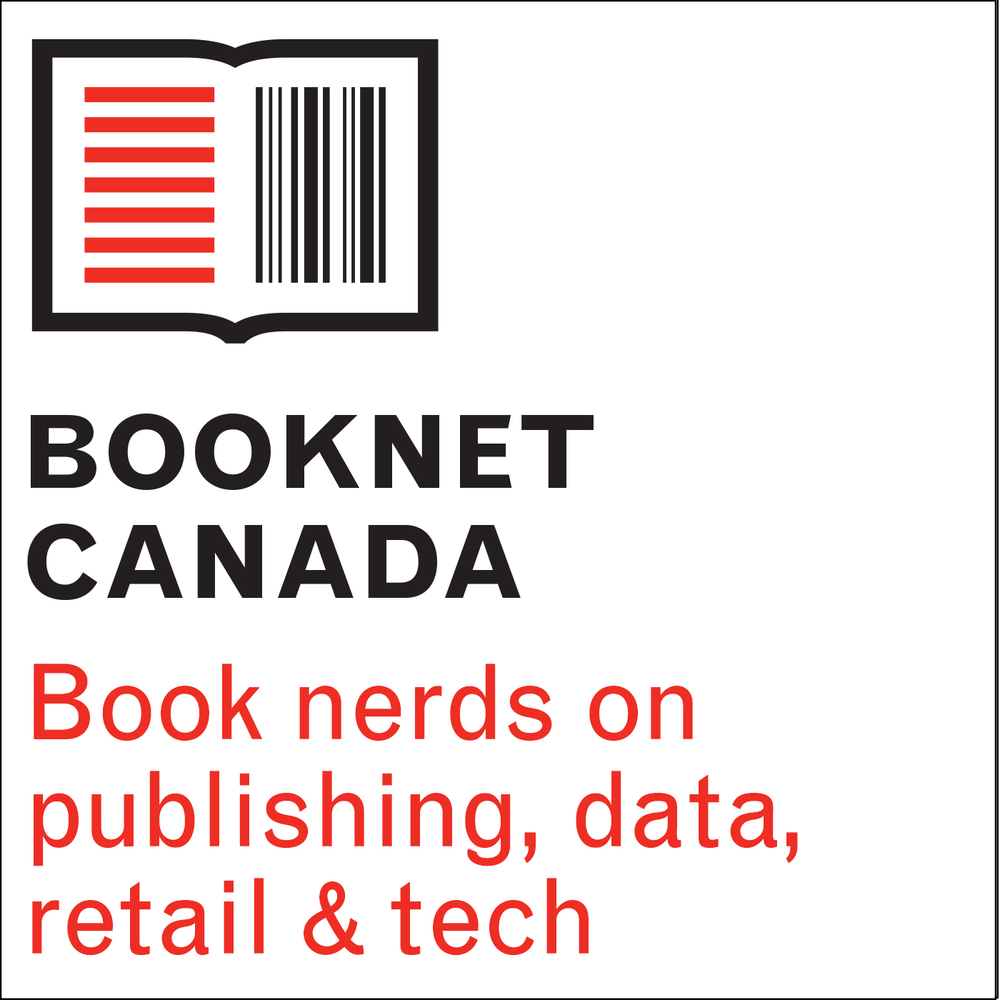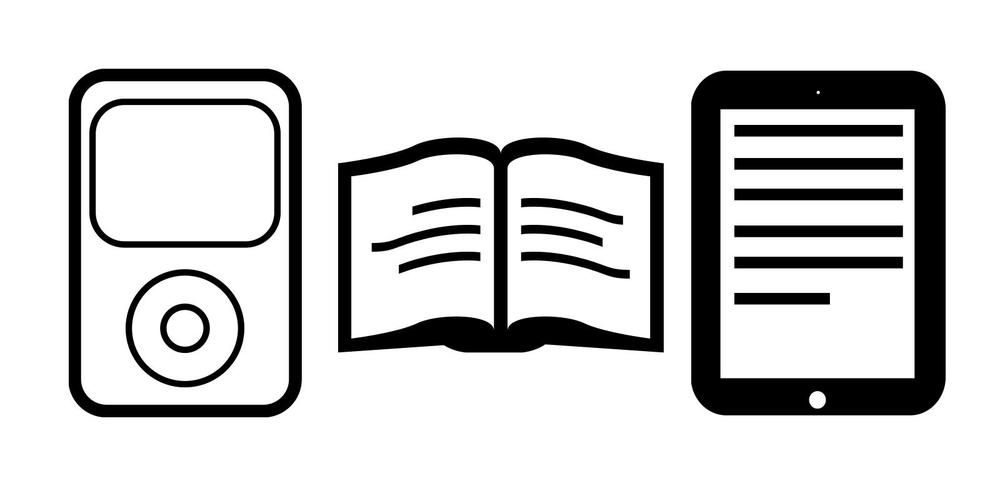This week’s episode is very meta, in that it’s a podcast about podcasting. If your mind is still intact after being so spectacularly blown, and if you’re interested in how podcasting can help you build a relationship with your audience, then you should definitely give it a listen.
The talk is from Anshuman Iddamsetty, who up until recently hosted Hazlitt Magazine’s book podcast, The Arcade. (It was retired after more than 50 stirring episodes.) In his Tech Forum talk, he explains the unique power of sound and how it’s the ideal medium for fostering intimacy, trust, and loyalty.






